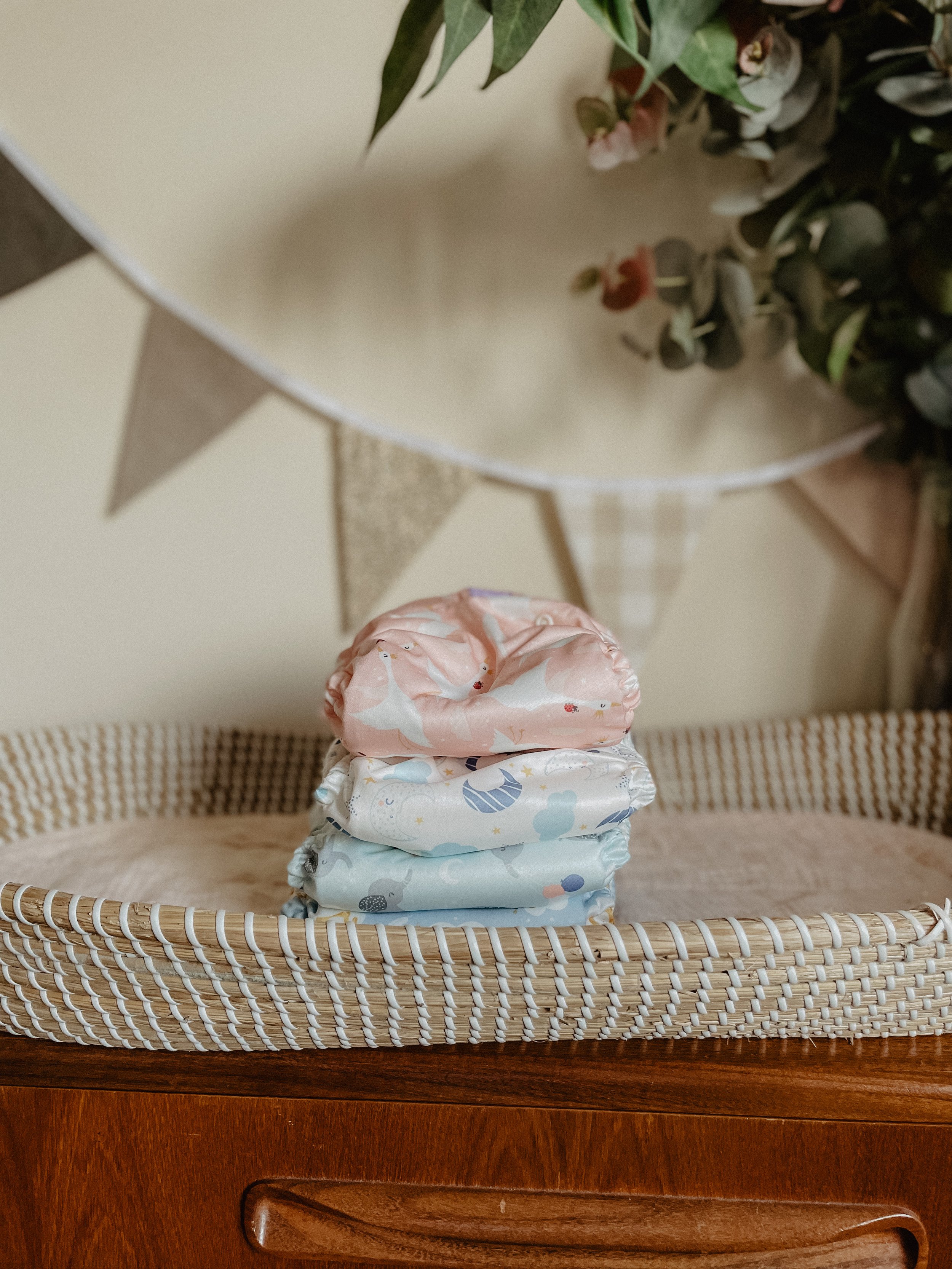How to Get Started with a Zero Waste Lifestyle (Zero Waste Week 2020)
For a few years now our family has been on a journey towards a zero waste lifestyle. While we're nowhere near perfect (I don’t think anyone is!), we've made some big steps towards being a zero waste family.
Now that we're a few years in, for this year's Zero Waste Week, I thought it would be helpful to share some of the things we've learned about getting started, to support others who are thinking of doing the same. While it's difficult to go completely zero waste, a few little steps can reduce the amount of waste we're producing and make a real impact on our lovely planet.
1. Check what you’re throwing away
Before you get started, it’s worth checking where you produce the most rubbish in your house. For most people, food and packaging waste are the most common, but each family is different. Getting an idea of how much rubbish you produce will likely spur you on in your pursuit of your new lifestyle, and you’ll get a better idea of which changes will make the biggest impact.
Don’t forget to check every room of the house. Many people forget about the bathroom because waste is less frequent, but plastic packaging is abundant in toiletries and skincare products.
2. Use up what you have first
When you first decide to choose a zero waste lifestyle, it’s tempting to throw everything and start again. But the most sustainable option is always to use up what you already have. Before you rush out and buy a zero waste shampoo, try to use up the plastic bottle that’s in your bathroom!
the most sustainable option is always to use up what you already have
3. Start somewhere easy
While it’s noble to want to dive in with the most impactful change, if you want to make a real difference you’ll need to stick with a zero waste lifestyle long term. That probably means choosing to tackle easy, small changes first is likely to be the most successful approach.
For my family, one of our first changes was switching to a zero waste veg box (Oddbox) that rescues surplus and wonky veg. It was a super easy change because it required no effort and didn’t cost us any more money.
4. Think beyond plastic
Many people fall into the trap of thinking that zero waste means reducing plastic waste, and forgetting that we produce a whole load of other rubbish that can be just as harmful.
It’s a little known fact that food waste accounts for nearly 7% of all carbon emissions. UK households throw away 8.3 million tonnes of food and drink waste each year, 60% of which could have been eaten. By using up leftovers and avoiding buying things we don’t need, together we could have a major impact on carbon emissions and climate change.
5. Enjoy the journey
There are some things that are difficult about living a low waste lifestyle, but there are also plenty of joys. Some zero waste products are lovely to use and genuinely better than their zero waste counterparts. A coffee always tastes better in a reusable cup than a single waste one, wonky veg is cheaper than its perfect cousins and cloth nappies are so much prettier than disposables! By focusing on the benefits of your changes, you’ll set yourself up for enjoying this lifestyle for the long haul.
Similarly, as you move towards being a zero waste family, you may also find that you reduce the amount of clutter in your house, making it a calmer, happier place to be. I can’t promise miracles, but I will say that reducing our consumption has hugely impacted how our house feels and looks. We’re a happier family for it!
This page contains affiliate links, which earn me a little bit of commission if you make a purchase, at no additional cost to you. Thank you!













